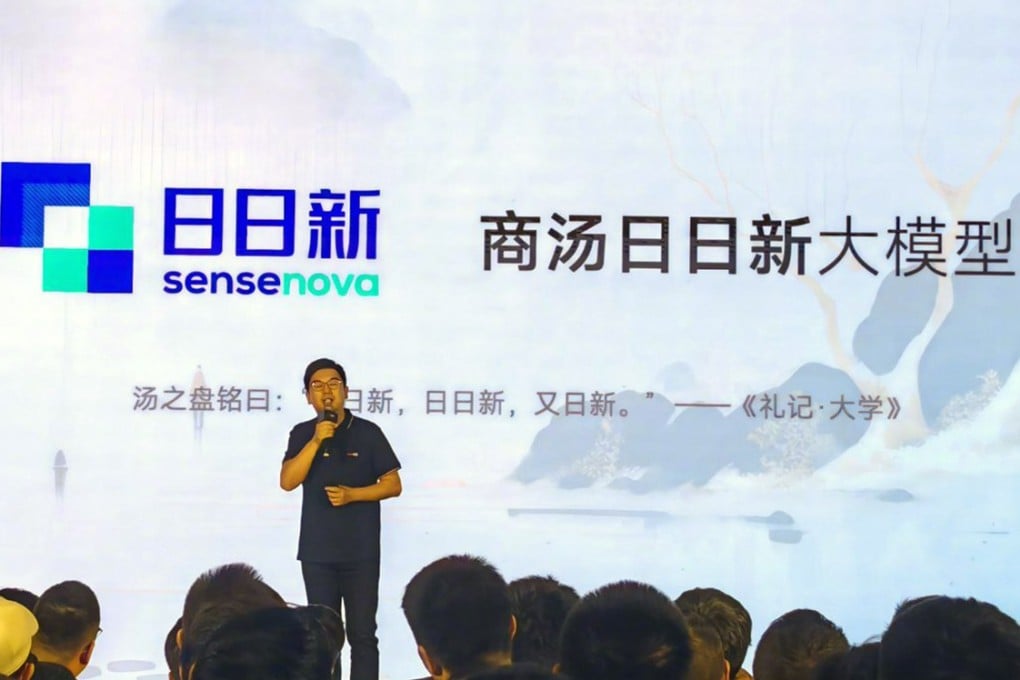Explainer | Chinese tech firms are looking to create their own ChatGPT moment but do they match up to the US front runner?
- Baidu was among the first Chinese hopefuls to get in on the act, unveiling its ChatGPT-challenger Ernie Bot in February
- Alibaba has integrated its effort, Tongyi Qianwen, into its Slack-like online collaboration tool Dingtalk

Ever since Microsoft-backed OpenAI launched its ChatGPT product to critical acclaim last November, a growing list of Chinese tech firms have been rushing to push out competing technology for the domestic market, where the US-made generative artificial intelligence (AI) chatbot is not officially available.
Here is a run-through of some of the leading Chinese competitor products in this emerging technology hotspot:
Baidu
The Beijing-based search engine was among the first Chinese hopefuls to get in on the act, unveiling its ChatGPT-challenger Ernie Bot in February followed by a press event in mid-March.

Ernie Bot received mixed initial reviews, with some enthusiasts disappointed by the lack of a live demonstration at the launch event. The reception has subsequently improved, and Ernie Bot is now embedded within Baidu’s internal management platform with at least 90,000 business clients applying to try the service.
Baidu, which runs the world’s largest Chinese search engine, has in recent years poured considerable resources into various areas of AI, including natural language processing (NLP) and pre-trained large language models (LLMs), the technology behind ChatGPT’s meteoric rise.
Alibaba Group Holding
Alibaba, the owner of the South China Morning Post, has launched an AI chatbot dubbed Tongyi Qianwen, which means seeking truth from a thousand questions. It plans to integrate the service into all of the company’s product offerings, said CEO Daniel Zhang Yong at an April event.